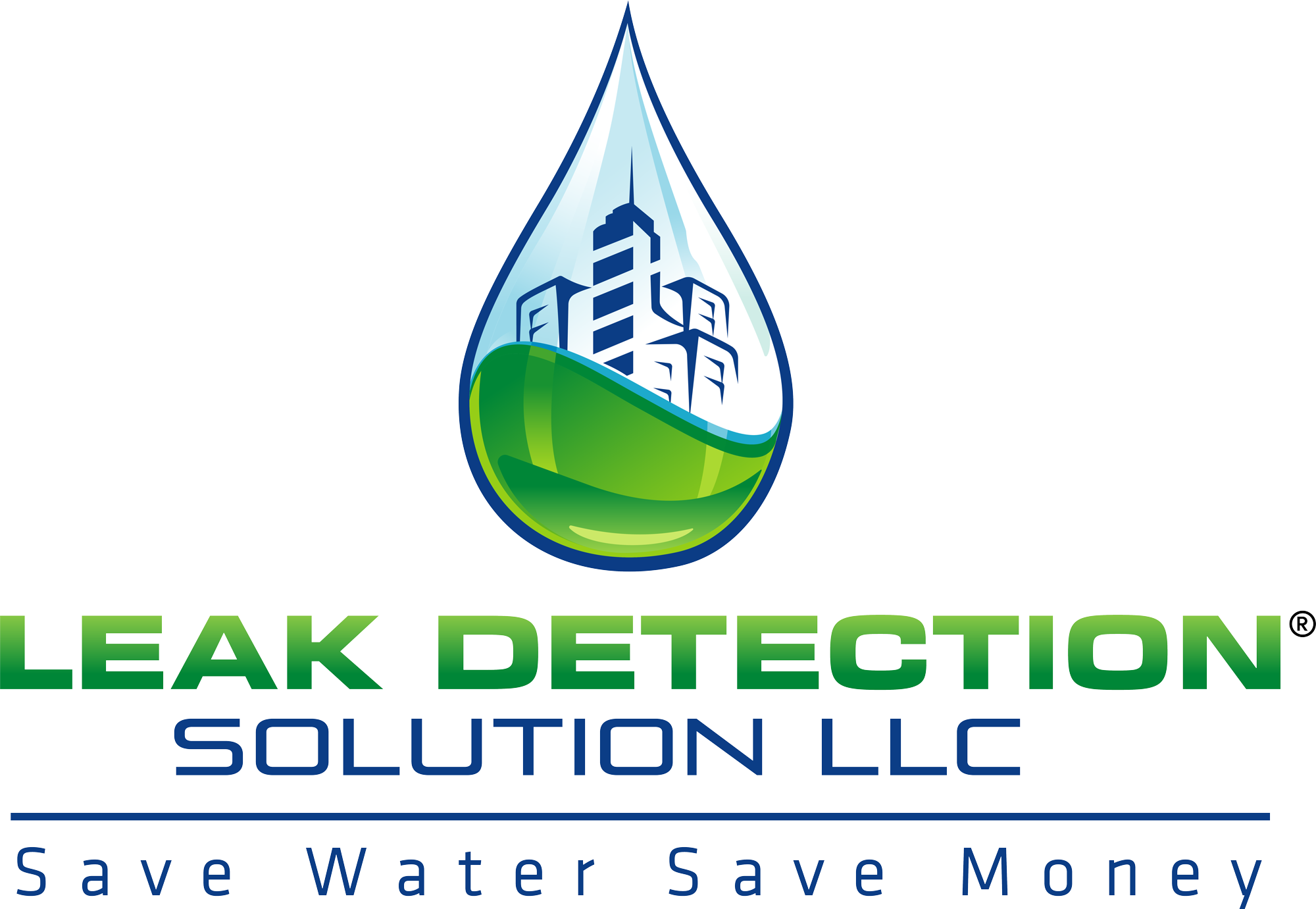A water heater is one of those appliances most homeowners rarely think about until something goes wrong. Yet, it plays a vital role in daily life by providing hot water for showers, dishwashing, laundry, and cleaning. When your water heater stops working or shows signs of malfunction, it can cause serious inconvenience and even damage to your home. Understanding water heater basics, knowing how to inspect a water heater, and recognizing when to call a professional for water heater repair services are essential skills that can save you time, money, and stress. In this blog, we will cover the fundamentals, from early warning signs to long-term maintenance strategies, so you know how to deal with a broken water heater effectively.
Understanding Water Heater Basics
To properly deal with a broken water heater, you first need to grasp water heater basics. Most residential water heaters are either tank-style or tankless. Tank-style heaters store hot water in a large insulated tank, keeping it ready for use throughout the day. Tankless models, on the other hand, heat water on demand, providing an endless supply but often at a higher installation cost. Both rely on either electricity, natural gas, propane, or in some cases solar energy.
The life expectancy of a typical tank water heater is around 8 to 12 years, while tankless systems can last up to 20 years with proper maintenance. Inside a tank heater, you’ll find an anode rod that prevents rust, a heating element or burner, and a thermostat to control water temperature. Tankless systems include sensors and heating coils that activate only when water flows through the system.
Understanding these water heater basics helps you recognize which type you have, how it functions, and what parts may be prone to failure over time. For example, sediment buildup in the bottom of a tank heater is common and can cause overheating, strange noises, or even leaks. In tankless units, mineral scaling can restrict water flow, reducing efficiency. By knowing how your system is designed, you’ll be better prepared for inspecting, maintaining, or troubleshooting issues.
How to Inspect a Water Heater
When your hot water runs out faster than usual, or you notice unusual sounds, leaks, or discolored water, it may be time to inspect your heater. Learning how to inspect a water heater doesn’t require specialized training, but it does require careful observation and safety precautions. Start by turning off the power supply to the unit—switch off the breaker for electric models or set the gas control to “pilot” for gas units. This ensures you can safely take a closer look.
Check the area around the water heater for any standing water or moisture, as leaks are one of the most obvious warning signs. Next, examine the pressure relief valve located on the side or top of the tank; if it’s dripping constantly, it may need replacement. For electric heaters, remove the access panel to look at the heating elements and wiring for signs of corrosion or burning. Gas heaters should be checked for a clean, steady pilot light and proper venting. If the flame is yellow or flickering, it could indicate a combustion problem.
Sediment buildup can be inspected by partially draining the tank into a bucket. If you see gritty material, flushing the tank may help. Listening closely is also part of knowing how to inspect a water heater. Popping or rumbling sounds usually point to sediment accumulation at the bottom of the tank. For tankless systems, reduced water flow or error codes on the display panel may reveal internal scaling or sensor issues.
Regular inspection can catch small problems early before they become major repairs. If you spot rust, corrosion, or excessive moisture, you’re already seeing signs of deterioration. In those cases, simple maintenance may not be enough, and replacement could be on the horizon.
Checking for Water Heater Damage
Recognizing the early stages of damage is key to preventing costly repairs for your plumbing installations. Checking for water heater damage involves more than just looking for leaks. Internal issues often show themselves through changes in water quality or heating performance. For example, rusty or brown-colored hot water indicates corrosion inside the tank. If left unchecked, this can lead to tank failure and potential flooding.
Temperature inconsistency is another red flag. If your shower alternates between hot and cold without adjusting the faucet, it could mean the thermostat or heating element is failing. A complete lack of hot water usually points to a more serious issue, such as a broken heating element, faulty gas control valve, or ignition problem. In tankless systems, the presence of limescale can trigger error codes and drastically reduce efficiency.
Physical signs of damage, like cracks in the tank, are harder to ignore. A leaking tank cannot be repaired and will need to be replaced immediately. Excessive moisture around the base may also be caused by condensation, but persistent puddles should be treated as a serious warning sign. Electrical issues can also create dangerous situations—burnt wiring, scorch marks, or tripped breakers suggest the heater is overloading circuits.
Smells can also indicate water heater damage. A rotten egg odor in hot water typically means bacteria growth inside the tank, often due to a failing anode rod. While this can sometimes be corrected with disinfection or rod replacement, it also signals that the water heater is reaching the end of its lifespan.
Checking for water heater damage regularly ensures you won’t be caught off guard by a sudden failure. Early detection allows you to plan for repairs or replacement on your schedule rather than facing an emergency situation.
When to Call a Professional About Your Water Heater
While basic inspection and maintenance can be handled by most homeowners, there are times when you must know when to call a professional about your water heater. Safety is the top priority. If you suspect a gas leak due to a sulfur smell or hissing near the gas line, leave your home immediately and call your utility provider or a licensed plumber. Gas leaks are extremely dangerous and should never be handled without professional training.
Electrical issues also require professional help. If you find burnt wiring, malfunctioning thermostats, or repeatedly tripped breakers, an electrician or plumber specializing in water heaters should handle the repairs. Attempting to fix electrical components without proper knowledge can be hazardous.
Another situation requiring professional intervention is significant tank damage. Once a tank begins leaking from cracks or corrosion, it cannot be patched. A licensed installer will be needed to remove the old unit and set up a new one safely. Tankless systems also often require professional servicing, especially when internal sensors, ignition systems, or descaling treatments are involved.
You should also call a professional if your inspections reveal problems you don’t understand. Strange noises, persistent odors, or error codes that aren’t listed in your manual may be symptoms of deeper issues. Additionally, if your water heater is near or beyond its typical lifespan and showing signs of decline, a professional can advise whether repair or replacement is the best option.
Ultimately, knowing when to call a professional about your water heater prevents small issues from turning into emergencies. Licensed technicians not only make repairs safely but also ensure your system runs efficiently, saving you money on energy costs over time.
Extending the Life of Your Water Heater
Even though water heaters inevitably wear out, proper care and maintenance can extend their lifespan and prevent premature breakdowns. Regular flushing of the tank removes sediment buildup, which is one of the most common causes of overheating and internal corrosion. This process should be performed once or twice a year depending on water hardness in your area.
Replacing the anode rod every three to five years is another effective way to prolong the life of a tank heater. The anode rod sacrifices itself by attracting corrosive elements, protecting the tank’s steel lining. When the rod becomes fully corroded, the tank will begin to rust, so regular replacement is essential.
For tankless systems, descaling treatments are critical. Hard water minerals can coat heating elements, restricting flow and efficiency. Installing a water softener can further reduce the risk of scaling. Keeping the area around your water heater clear of clutter also improves airflow and reduces fire hazards, particularly for gas models.
Temperature settings also play a role in longevity. Setting your heater between 120 and 130 degrees Fahrenheit reduces strain on the system while still providing sufficient hot water for household needs. Higher settings not only risk scalding but also accelerate wear and tear on components.
Professional plumbing maintenance is another valuable investment. Annual inspections from a qualified technician can catch hidden problems, such as faulty thermostats, failing valves, or weak pressure relief systems. By addressing these issues early, you’ll save money in the long run and avoid the stress of sudden breakdowns.
Conclusion
A broken water heater is more than an inconvenience—it can disrupt your daily routine, cause property damage, and create safety hazards. By understanding water heater basics, learning how to inspect a water heater, and checking for water heater damage, you can stay ahead of potential problems. Most importantly, recognizing when to call a professional about your water heater ensures that you don’t put yourself at risk while trying to make repairs beyond your expertise. With consistent maintenance and timely intervention, you can extend the life of your unit and enjoy reliable hot water for years to come. Taking a proactive approach gives you peace of mind and helps you avoid the stress of dealing with a water heater emergency.
Need a Professional Plumber Near You?
Here at Leak Detection Solution LLC, we’ve proudly served Florida’s communities since 2013 with a commitment to excellence in plumbing, drainage, and water heater services. Our team of experienced professionals, with over 25 years of combined expertise, is dedicated to providing dependable solutions for residential, industrial, and commercial needs. Whether you’re in Sarasota, Charlotte, or Manatee County, we’re here to help you tackle any plumbing challenge. Don’t hesitate to reach out to us for reliable, top-notch service—contact us today and let our seasoned team provide the solutions you need!




